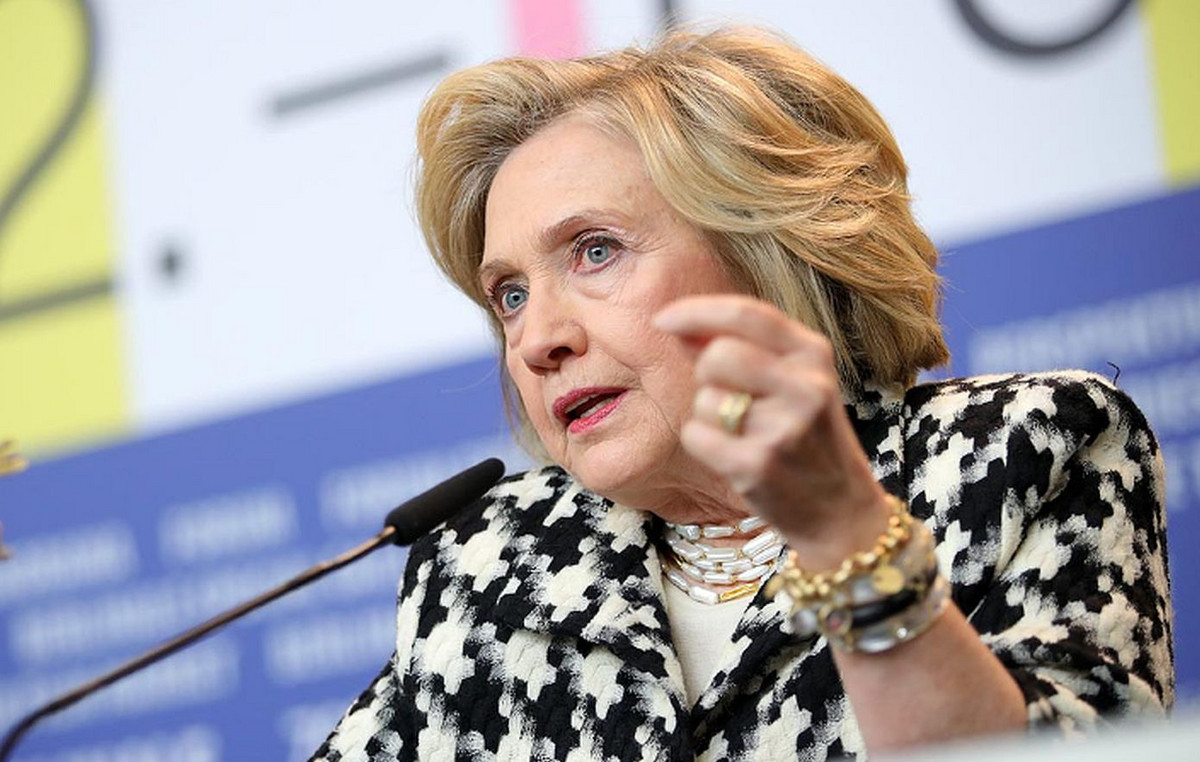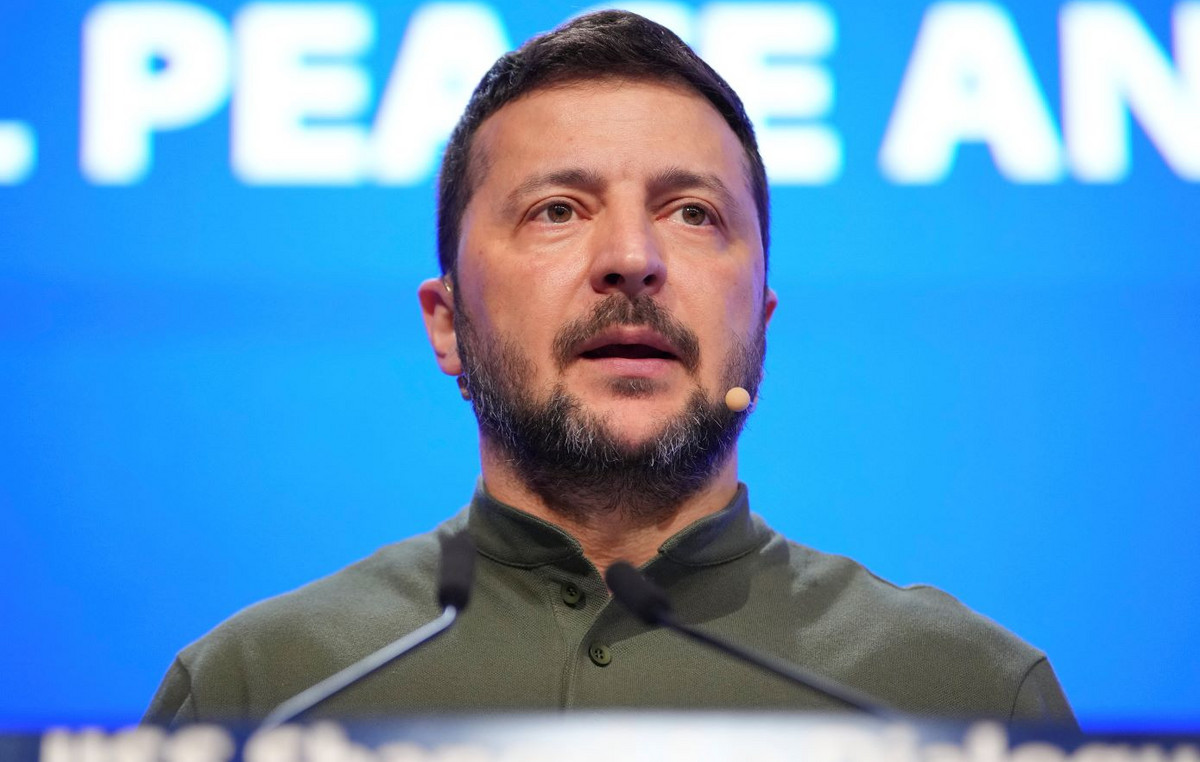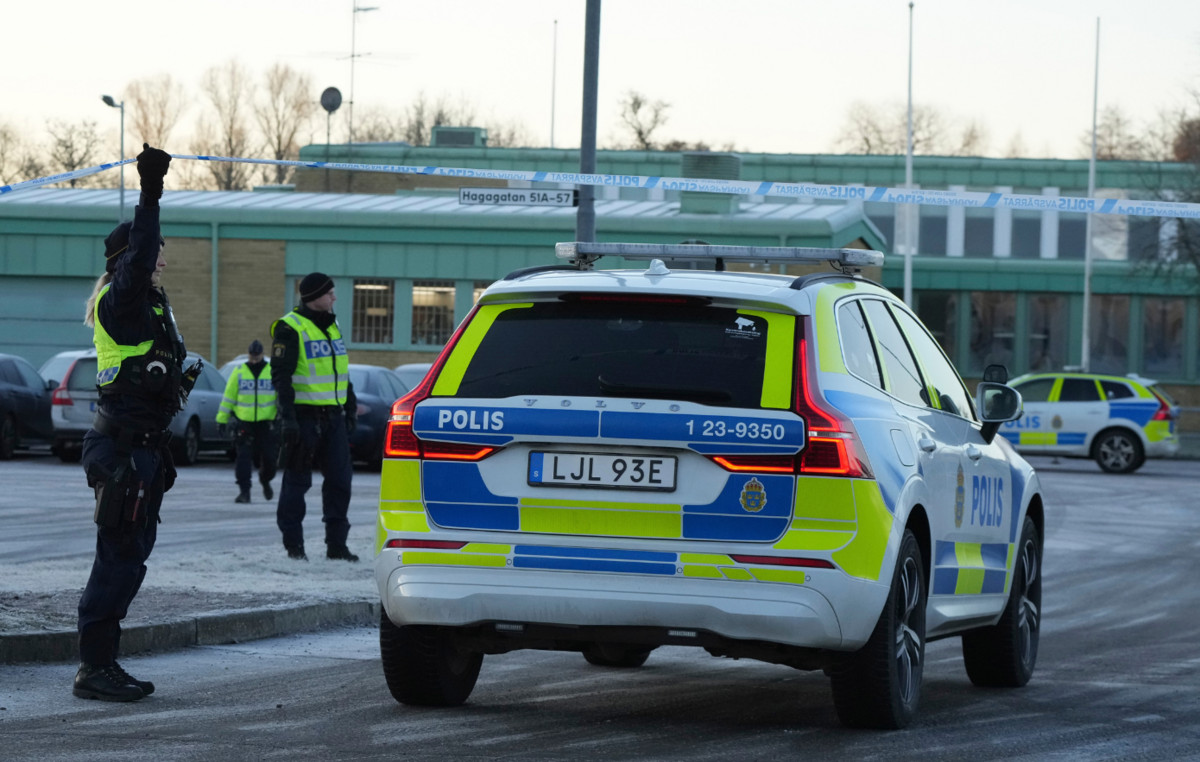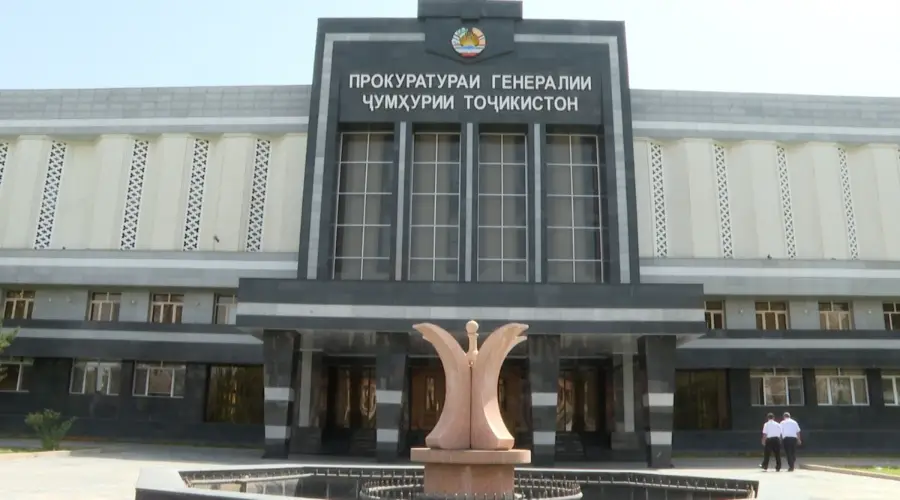Education can be the weapon to fight racial inequality 133 years after the abolition of slavery, serving as a foundation for opportunities, entrepreneurship, understanding and promoting representation.
Currently, data from the Brazilian Institute of Geography and Statistics (IBGE) show that black men and women occupy less than 3% of executive positions in Brazil. At universities, only 16.4% of teachers are black or brown – in public higher education, the number is even lower: 14.4%. Within this universe, 45% of black professors have a master’s degree and 30% a doctorate.
“We have 10 years of quota law and have not been able to achieve our objective, as there is still a lot of resistance”, says lawyer Ewerton Carvalho. Born and raised on the outskirts of São Paulo, he escaped criminality and ended up at Uniafro, an institution that promotes the admission of blacks and poor people to university. But upon entering college, he found himself in an environment with few blacks. “It’s scary, like that… I turned five and I didn’t have a black teacher”, he is surprised.
The road to leadership positions is a long one. “Their priority is to get a job to improve the family’s living conditions, so many do not opt for a magistracy or academic career. You need to spend four, five years studying for the competition, at least six years to become a Doctor of Law and enter the job market”, explains Professor at Universidade Presbiteriana Mackenzie, Adilson Moreira, Doctor of Law.
He sees advances in recent years. “We’ve seen the emergence of racial quota programs in higher education, in the public service, we’ve also seen an increasing number of adoption of diversity programs in the private sector.
Lawyer and communicator Monique Prado questions the scenario of the labor market. “Are companies having social responsibility and the commitment to absorb black professionals? We need to understand that the racial issue is the issue of the century”.
Reference: CNN Brasil







